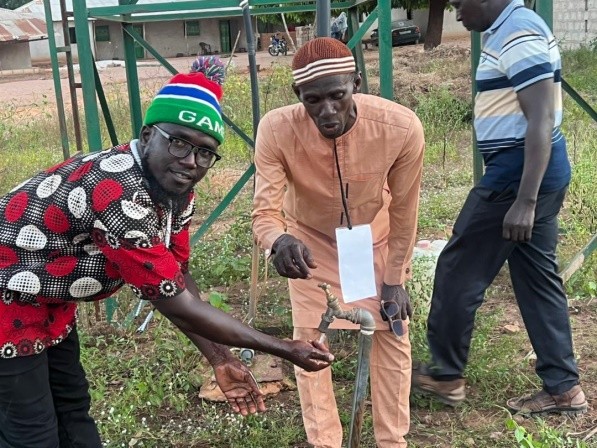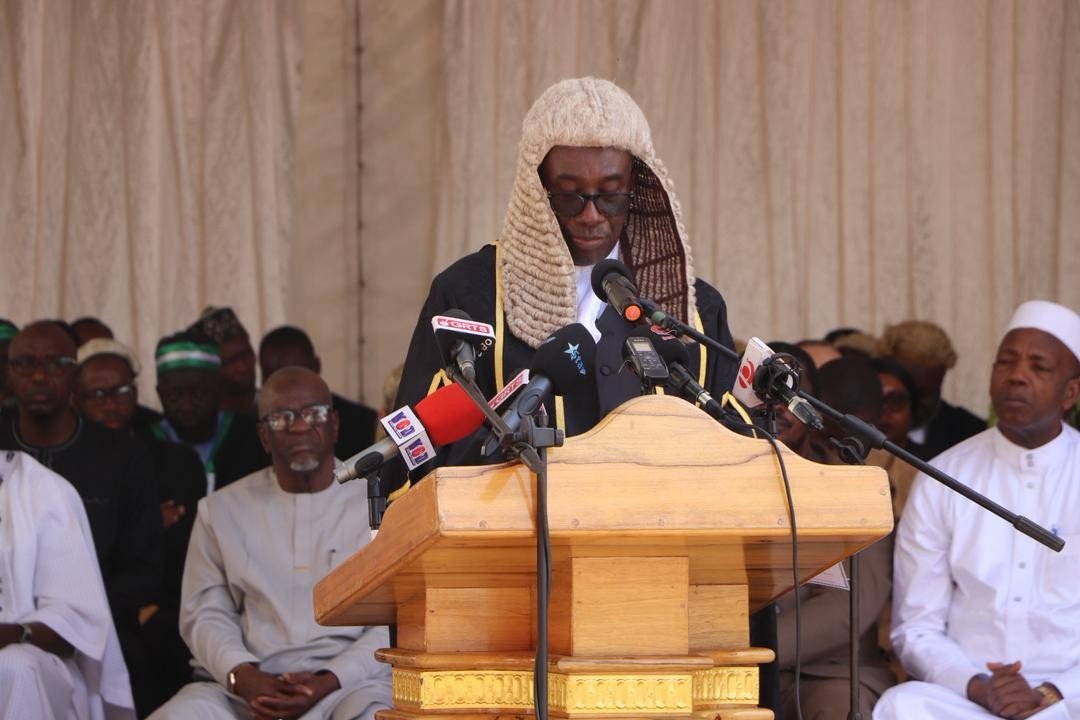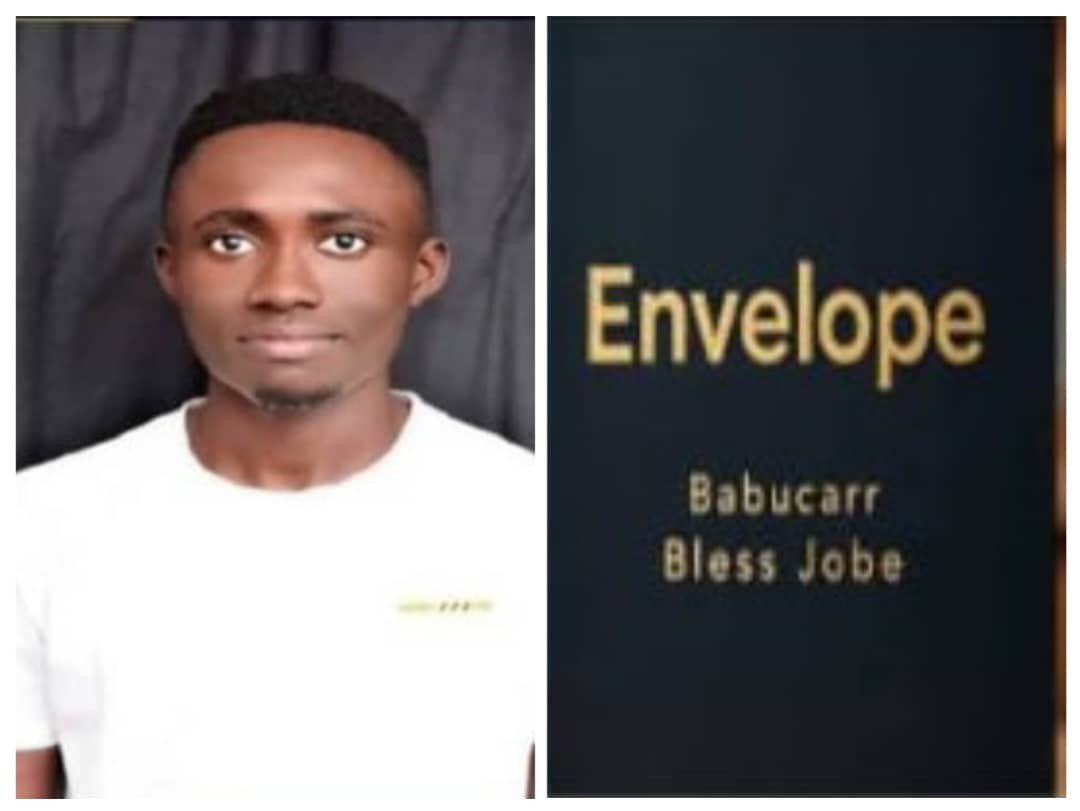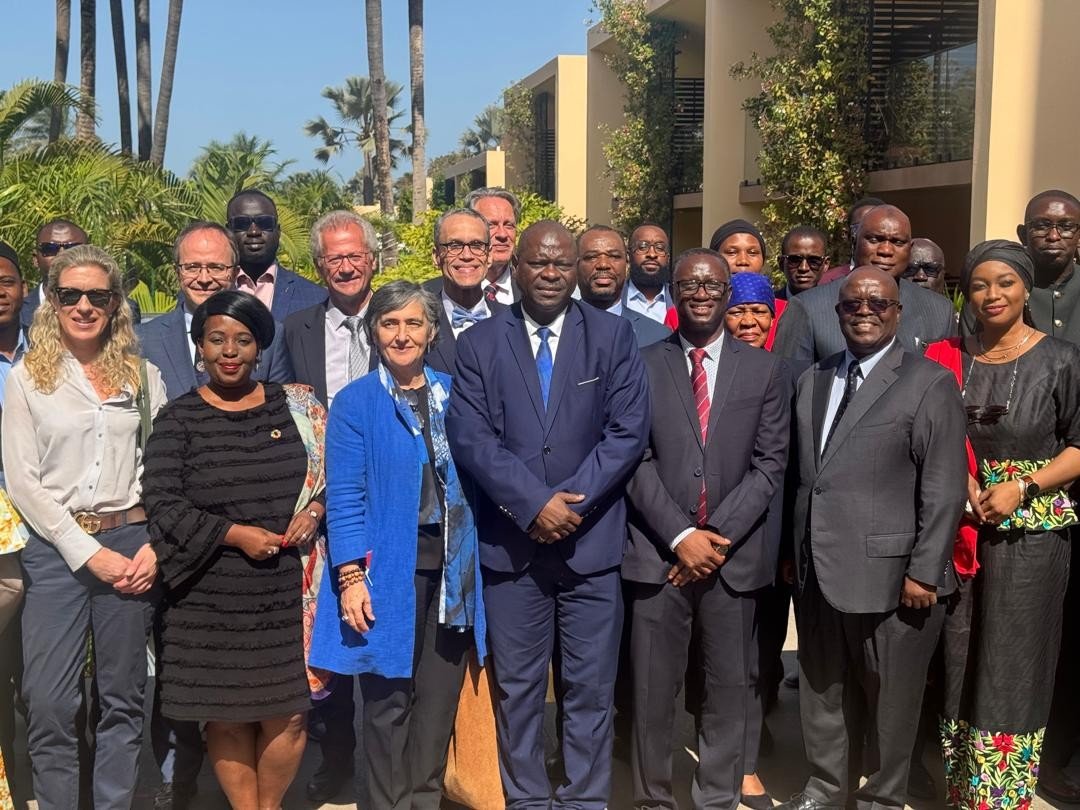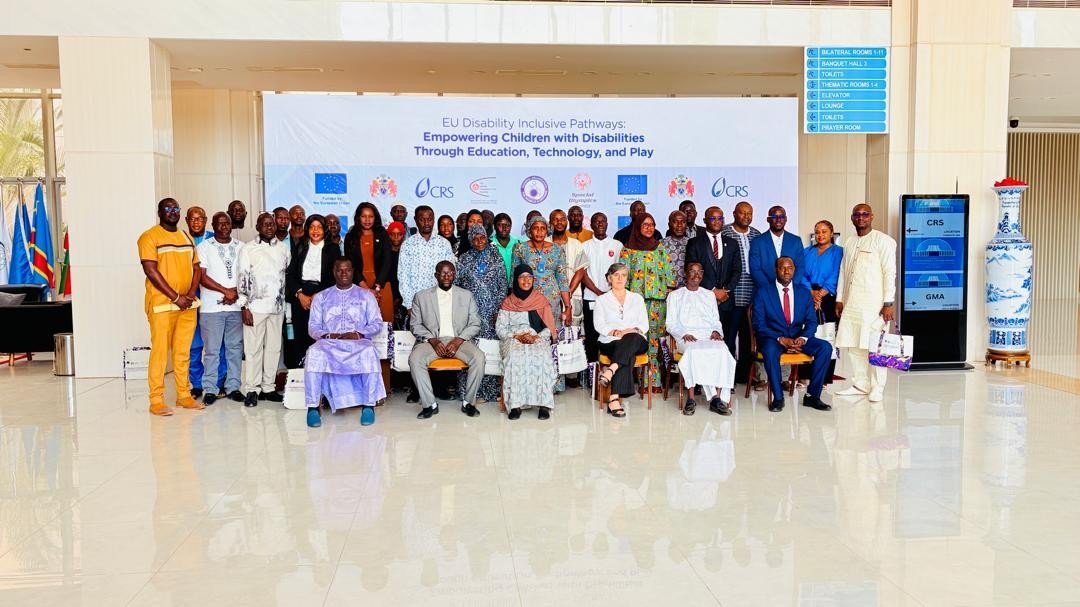Access to safe and clean drinking water, a basic human necessity, is one of the key developmental interventions transforming lives in rural Gambia.
For the people of Kusamai Village in Foni Bintang Karani in West Coast Region (WCR), this intervention has been nothing short of life changing.
Yahya Jarjou, a youth leader in Kusamai, recounts how the entire village struggled daily to access clean water, relying solely on wells. This did limit many of their activities, particularly agriculture, which is the main source of livelihood for most of the villagers.
Mr Jarjou and other members of the village did meet with President Barrow, and discussed their constraints, water being the top priority. During the discussion, the President promised to address the issue without delay.
‘‘And he did exactly that in less than three weeks,’’ Mr Jarjou said.
True to his word, the President sent a team to Kusamai before the second week of January this year to drill a borehole for the community.
The 10,000 litre borehole drilled has completely changed the lives of the villagers. While it provides them with safe drinking water, it has also revitalised their agricultural activities, which almost came to a halt due to water constraints.
Spurred by this progress, the villagers have come up with a unique strategy to maximize the use of their new water resource. While adults focus on tending gardens outside their homes, growing a variety of vegetables, they encourage their children to grow bananas within their home compounds.
‘‘The borehole has changed our lives,’’ Mr Jarjou says, as he revels in the new experience of a water fountain in the village.
When asked about the old wells, he replied: ‘‘When you have a borehole, you forget about the wells.’’
As the people of Foni Bintang Karani in the West Coast Region revel in their newly obtained water source, the Kusamai borehole shows how targeted interventions can make a significant impact in rural communities.


